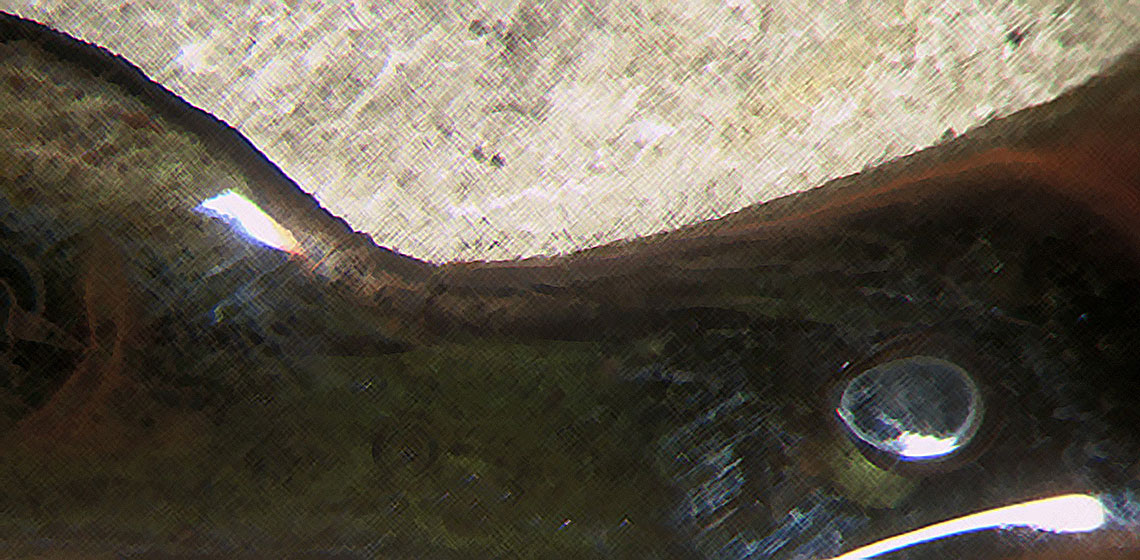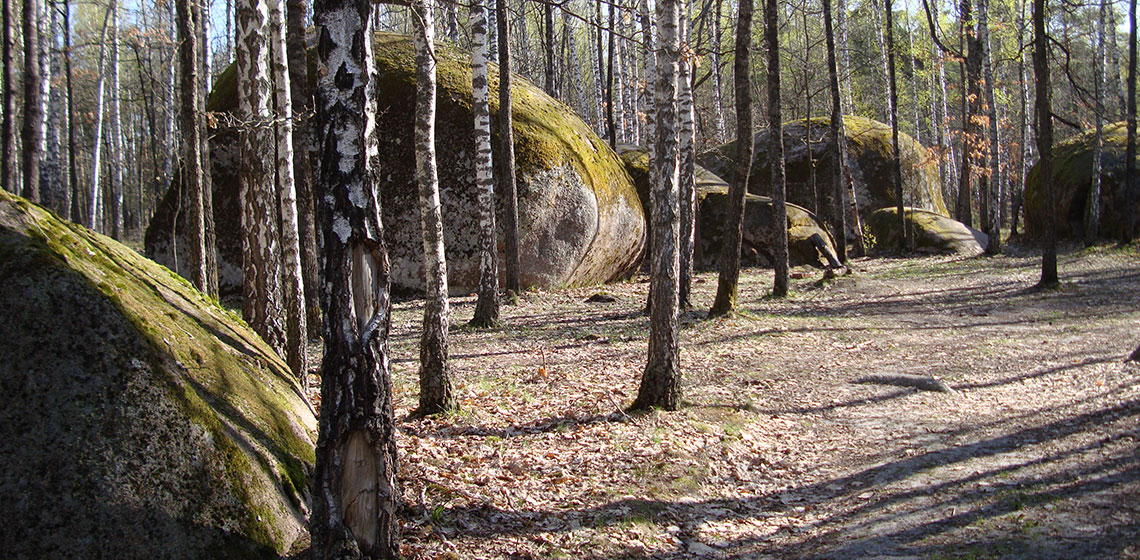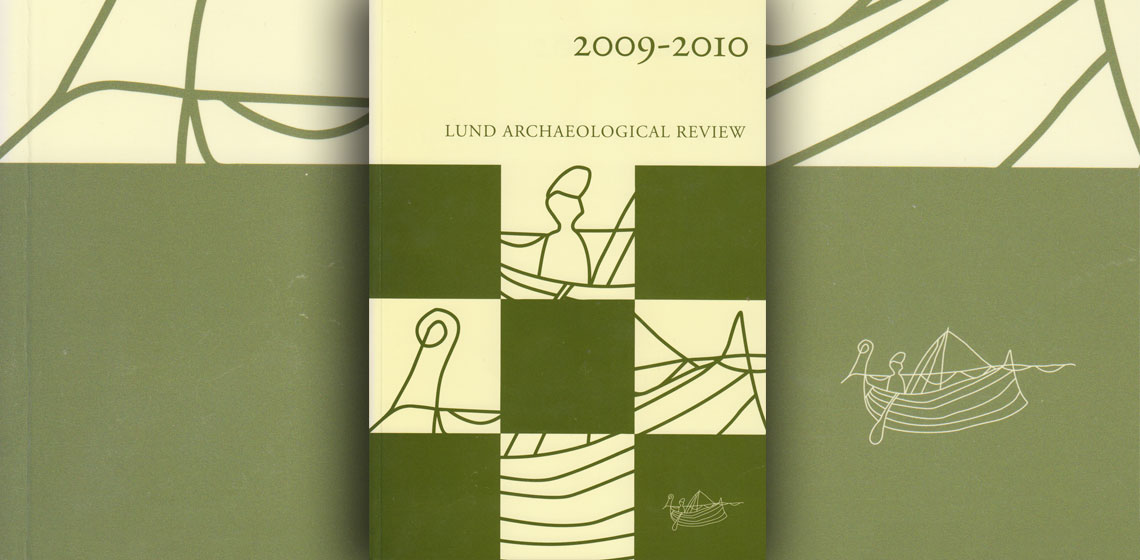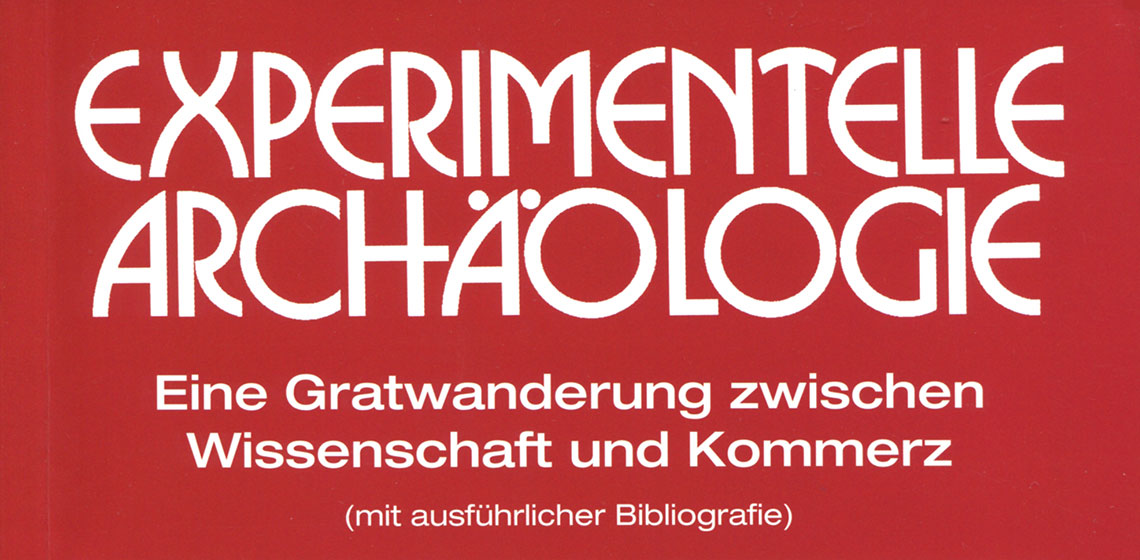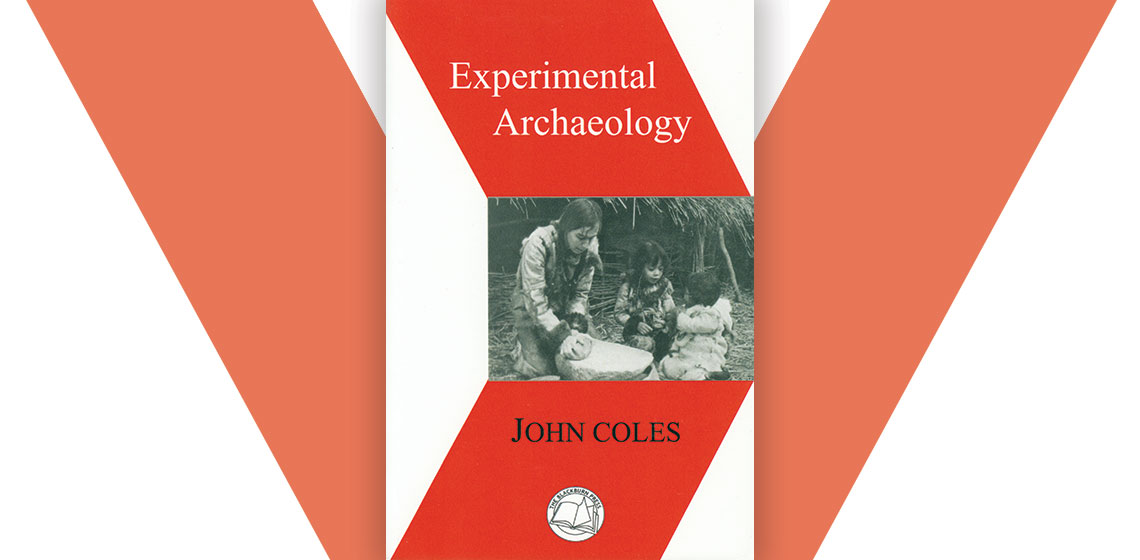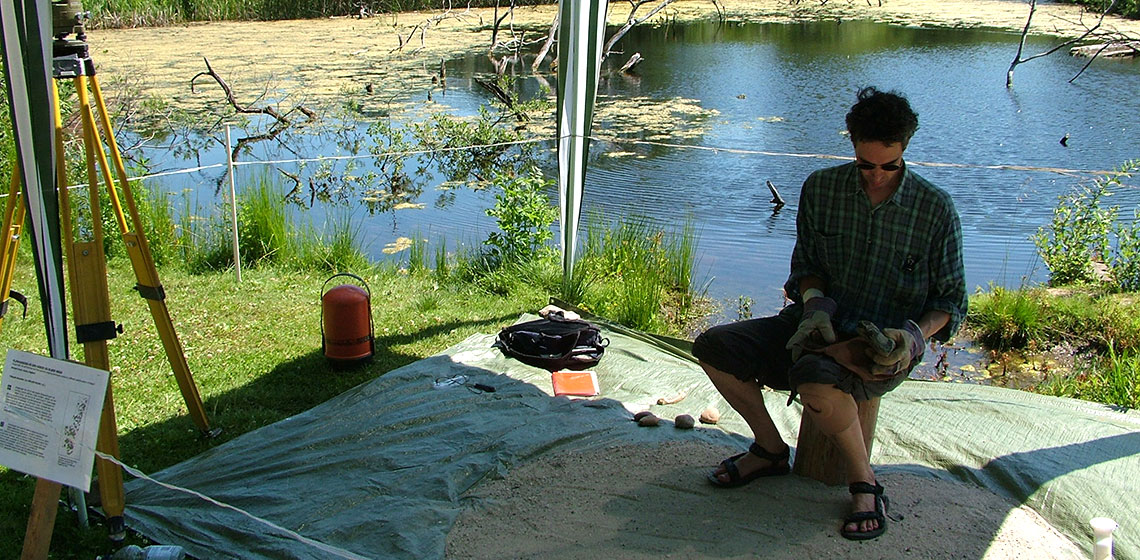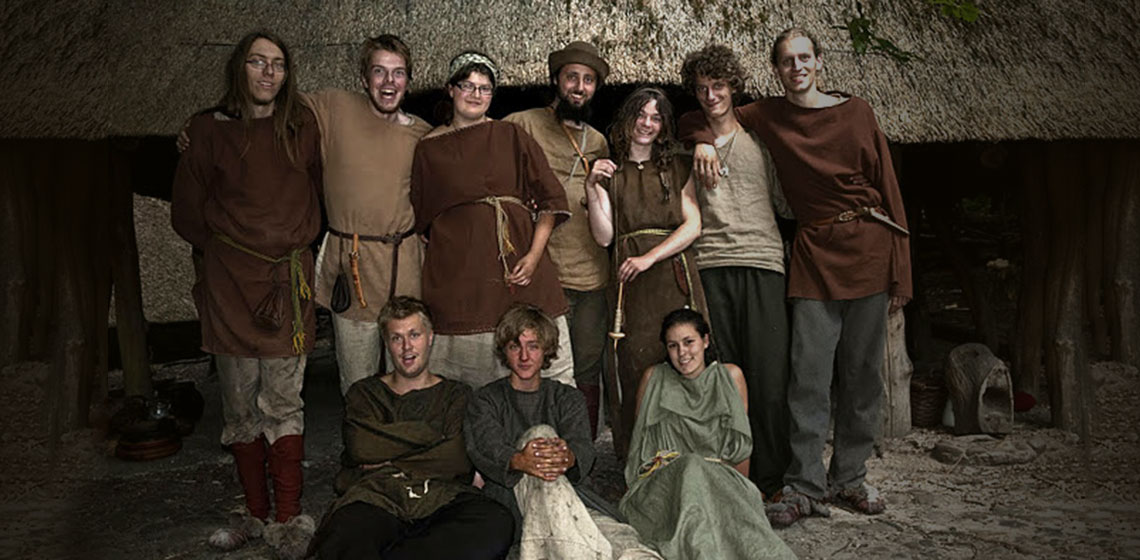Newest Era
Historical Techniques: Cold Gilding
***An historal technique of goldplating, described in 18th century literature, was reproduced. This cold-plating technique uses salts of gold, produced by dissolving gold in aqua regia. these salts are then rubbed onto a silver surfaces...
A Field Trip to the Ukraine, April 2010
Book Review: The Archaeology of Time Travel by Anders Ödman (ed)
At the European Association of Archaeologists' meeting in Malta, September 2008, a session was held on the topic of Archaeology as Time Travel, dedicated to exploring the popular phenomenon of time travel to past times, including a variety of aspects related to materiality/virtuality, the market of time travel experiences, design issues and how time travel should be evaluated as an experience...
Book Review: Experimentelle Archäologie. Eine Gratwanderung zwischen Wissenschaft und Kommerz by Dirk Vorlauf
***The name Dirk Vorlauf is closely connected to the history of experimental archaeology in Germany. From the late1980s, the Vorlauf has conducted several experiments testing archaeological hypotheses, and he is critically involved in methodology and theory...
Book Review: Sailing into the Past: Learning from Replica Ships by Jenny Bennett (ed)
There must be hundreds of wooden ship replicas across the world, not only the ‘Viking ships’ in Scandinavia, but – as the book Sailing into the past shows, there are many medieval and more recent ones...
The Theory of the Archaeological Raft: Motivation, Method, and Madness in Experimental Archaeology
Between 1947 and 2006, nearly forty expeditions set out in recreated maritime drift vessels to demonstrate hypotheses with varying levels of relevance to archaeology and cultural diffusion. This paper divides the motivations of these expeditions into four major categories...
Book Review: Experimental Archaeology by John Coles
It may appear odd or redundant to reprint a book that was published in 1979. The subject will have moved on, more will have been discovered, new techniques will have been developed. But this is partly the point: Experimental Archaeology by John Coles is a foundation text for the subject as a whole...
"But if you don't get any IRON..." Towards an Effective Method for Small Iron Smelting Furnaces
Building and operating a small bloomery iron furnace is certainly a wonderful public demonstration for any museum or living history site. It is however a complex technical process, with many individual factors combining for success. Over the last decade in North America, small teams of blacksmiths have developed predictable working methods through trial and much error. This direct practical experience can provide some insights into questions that even the best researched theories may not be able to solve.
The Experiment and the Umbrella - 10 Years of Experimental Archaeology
WEA’s Latest Life Experiment
The WEA, Society for Experimental Archaeology, is a sub-society of the NJBG, the Dutch Historical Youth Association. It is formed by youngsters aged 12 to 26 who enjoy participating in several aspects of living history. WEA offers them a chance to learn about history, set up their own archaeological experiments, and the opportunity to participate in living history for example by learning a...

